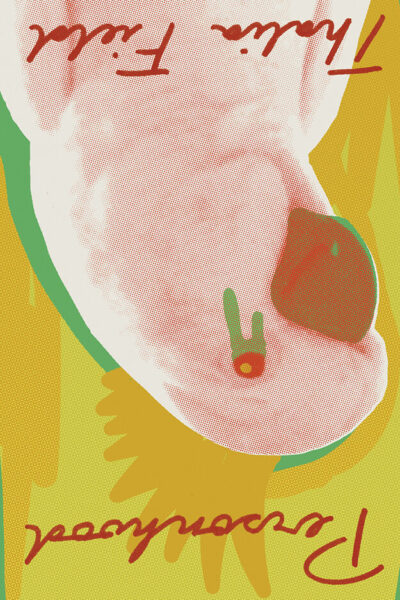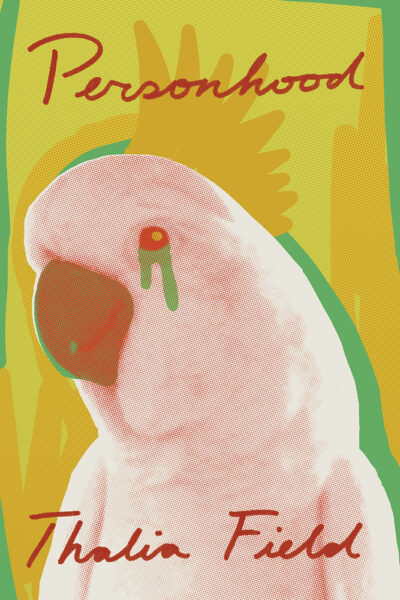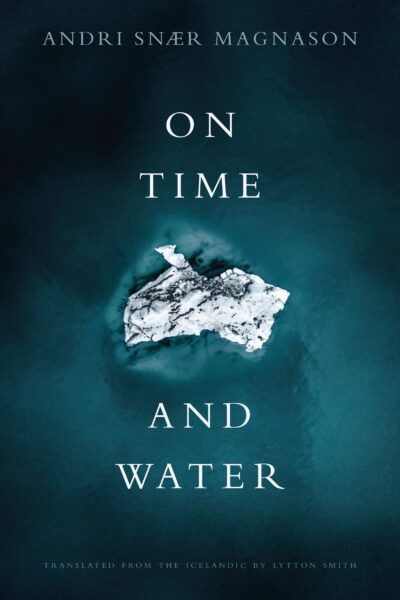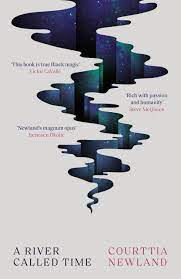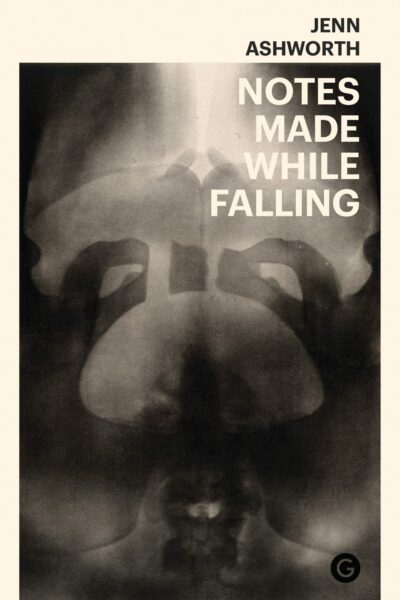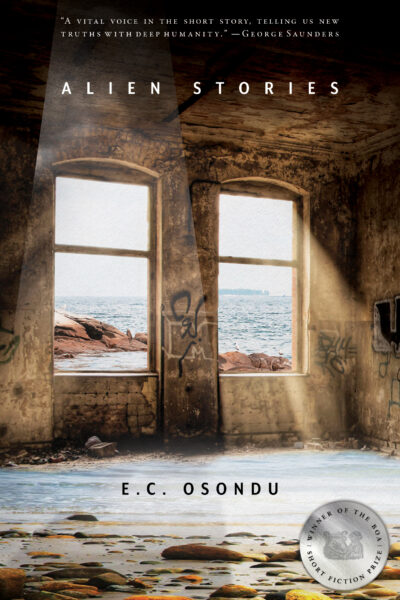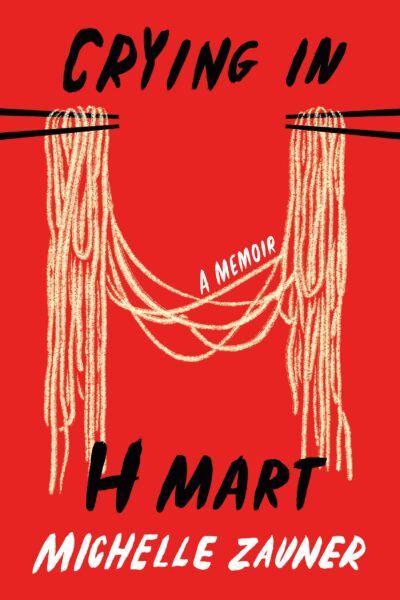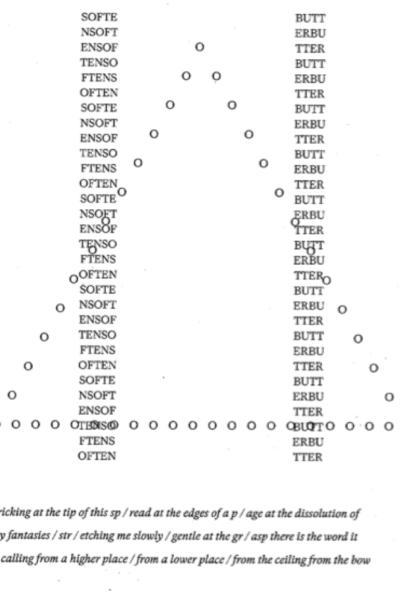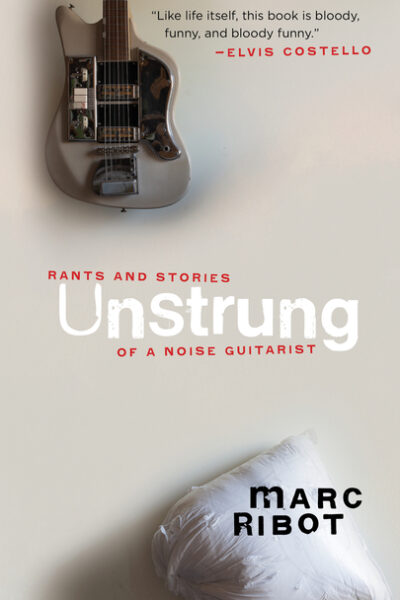In an attempt to uncenter the human — and any center, for that matter — Field replaces hierarchy with an ecology.
PERSONHOOD suggests that Thalia Field’s audacious verbal imagination has started to become merely the available instrument for promulgating an increasingly familiar message.
In frank: sonnets, Seuss inextricably ties herself to her poetic voice, revealing childhood memories and adult indiscretions with fierce bluntness.
On Time and Water – Andri Snӕr Magnason
It is a deeply personal reckoning with individual and collective responsibility in a time of reckless consumption, and a rich tapestry of myth, memory, and wonder.
A River Called Time – Courttia Newland
By telling a story through parallel universes, the future and the past become inseparable, allowing A RIVER CALLED TIME to be both visionary and reflective all at once.
Notes Made While Falling – Jenn Ashworth
Ashworth’s memoir project — “about my body gone missing”— demands that critics likewise confront their stake in narratives of trauma, illness, and disability.
ALIEN STORIES feels very aware of itself and of how to make meaningful ideas connect with a broad audience: the stories are accessible, but thought-provoking, with clarity and concision.
Crying in H Mart: A Memoir – Michelle Zauner
What I can say for certain, though, is that as Zauner guided me through these corridors of her own life, little pieces of her world attached to me.
Noah Ross’ ACTIVE RECEPTION makes a raucous mess of sound and sense as part of its queer project of seeking kinship and pleasure within capitalism.
Unstrung: Rants and Stories of a Noise Guitarist – Marc Ribot
Seen as a genius and underappreciated musician by those initiated into the world of free jazz and noise guitar, Marc Ribot now reveals his ambitions as an author.


